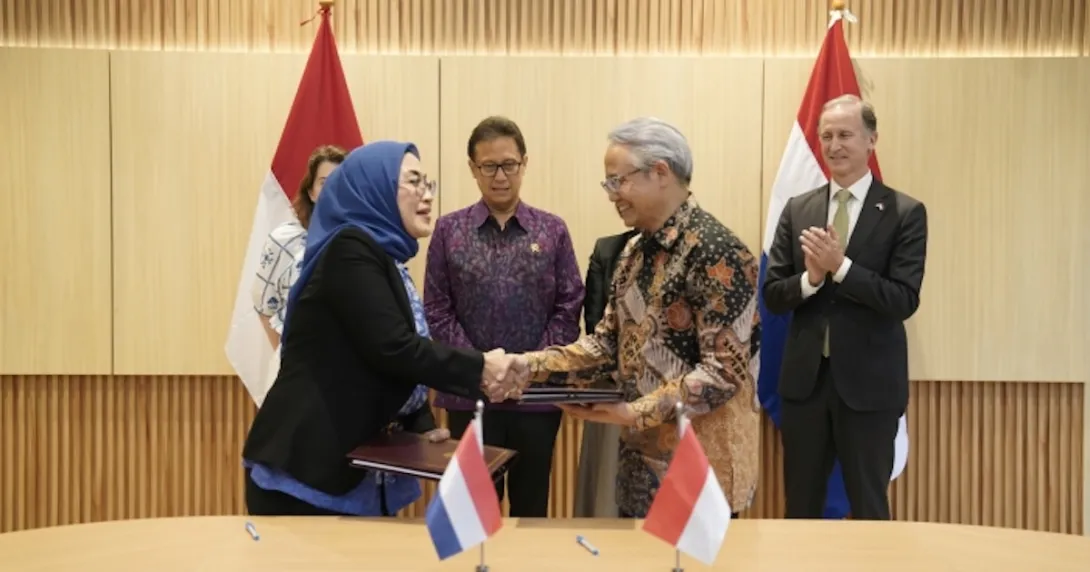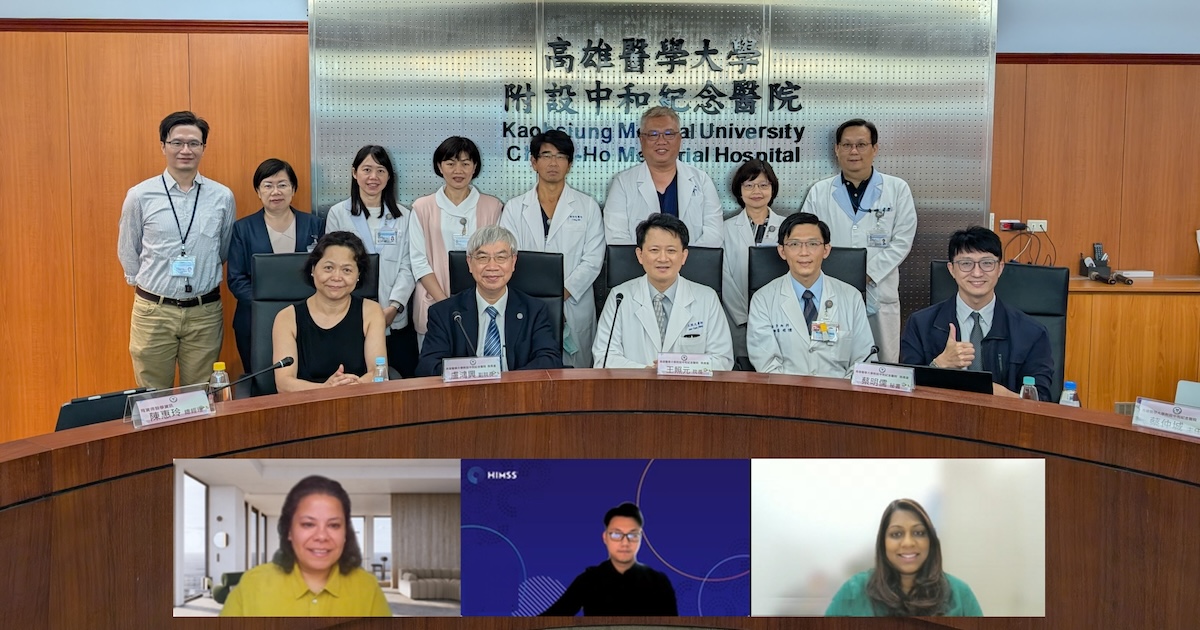
Indonesia, Philips to collaborate on digital health
The Indonesian Ministry of Health and Royal Philips have entered into a partnership for long-term health system transformation.
They signed a memorandum of understanding which aims to enhance the Indonesian health system's resilience and enable more equitable access to high-quality care.
Digital health was identified as one of the three key focus areas of their collaboration. They seek to integrate digital technologies across the health system "to enhance service quality, strengthen system integration, and improve operational efficiency nationwide."
They also intend to focus on clinical capacity building and skills development – particularly in radiology, cardiovascular care, and interventional procedures – and setting up a training centre and a service hub.
Specific programs will be outlined in technical cooperation agreements that will follow, Philips noted.
"Through this collaboration, the ministry aims to promote the adoption of advanced health technologies and digital health infrastructure. This initiative represents a vital investment in building a more resilient and globally competitive healthcare system for Indonesia’s future," commented Indonesian MOH secretary-general Kunta Wibawa Dasa Nugraha.
"Together, we will uncover ways to train healthcare professionals, widen adoption of digital technologies, and enhance healthcare access towards delivering better care for more people," added Philips Indonesia president Astri R. Dharmawan.
GenAI for preventing dementia, other age-related diseases
South Korea's Ministry of Health and Welfare and the Korea Health Industry Development Institute are seeking organisations that will lead its seven new projects under the Korean Advanced Research Projects Agency for Health (ARPA-H).
Two projects will develop foundational AI models for assessing cognitive decline and ageing risks.
Another project will also develop AI for addressing hospital-acquired infections. Meanwhile, a project will utilise quantum computing in discovering new drug candidates as part of novel drug development.
In May, three Korean ARPA-H projects were announced, which include the development of an AI-powered assistant robot for surgeries.
The Korean government has set aside a total of 1.2 trillion won ($830 million) through 2032 for the program.
Hong Kong study first to use AI to predict individual tooth decay
Dentistry researchers from the University of Hong Kong (HKU) have developed what could be the world's first AI system for predicting individual tooth risk of dental cavities in children based on microbial characteristics.
The AI system called Spatial-MiC was developed based on the research team's findings of distinct microbial patterns that predict tooth decay from tracking over 2,500 individual tooth plaque samples of 89 children aged 3-5.
In their study, which findings have been published in the journal Cell Host & Microbe, the AI system demonstrated 98% accuracy in detecting existing cavities and 93% accuracy in predicting cavities two months before they became clinically apparent.
According to HKU, these findings may pave the way for precision dentistry that provides targeted preventive care to high-risk teeth.
"We've moved from seeing cavities as inevitable to being able to predict and prevent them at the microbial level, tooth by tooth," stressed Shi Huang, study lead and assistant professor of Microbiology at the HKU Faculty of Dentistry.
CUHK Medical Centre doubles down on AI
CUHK Medical Centre (CUHKMC), the teaching hospital of the Chinese University of Hong Kong (CUHK), is expanding its application of AI through its latest collaboration.
It has signed a memorandum of understanding with local startup SmartCare to implement AI technology "to enhance clinical workflows, improve patient care, and streamline operational efficiency within CUHKMC’s facilities."
For its part, SmartCare will provide its AI-powered solutions, including a consultation platform, while CUHKMC will facilitate access to its AI lab for the development and integration of SmartCare's solutions.
"By integrating AI into our clinical practices, we aim to enhance clinical efficiency and provide a more personalised and efficient healthcare experience for our patients," said CUHKMC CEO Dr Fung Hong in a statement.
SK Biopharmaceuticals incorporates genAI in novel drug development
SK Biopharmaceuticals will be leveraging generative AI in developing a new solution to automate the creation of approval documents in the early stage of novel drug development.
It recently entered into a partnership with California-based PhynX Lab, a startup backed by its parent, SK Group, to jointly develop a customised solution to automate early tasks in novel drug development using the genAI platform Cheiron.
Unveiled late last year, Cheiron is touted as the first pharmacy-specific genAI platform to be introduced in South Korea. Based on a press release, it can automate literature searches, data analysis, and document creation by tapping into and utilising large databases from leading institutions, such as the United States Food and Drug Administration, the Medical Subject Headings classification system of the US National Library of Medicine, and the South Korean Ministry of Food and Drug Safety.
"AI is no longer an option but a core competency in novel drug development. Through [our] collaboration with PhynX Labs, we will advance the application of AI throughout the entire process of novel drug development," said SK Biopharmaceuticals CEO Lee Dong-hoon.
